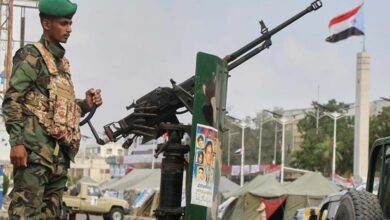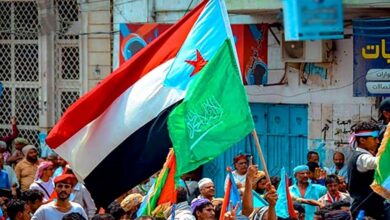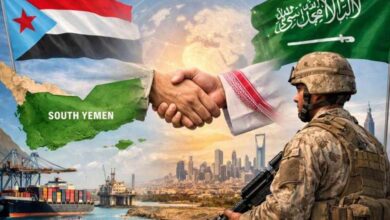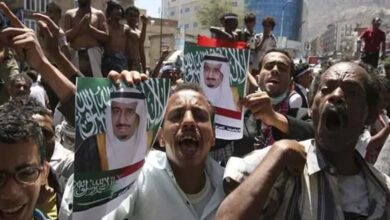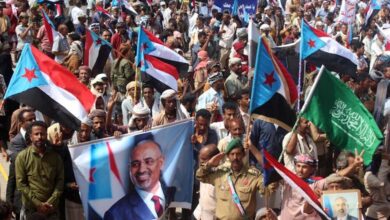Growing Calls to Ban the Muslim Brotherhood in Jordan After Terror Cell Uncovered
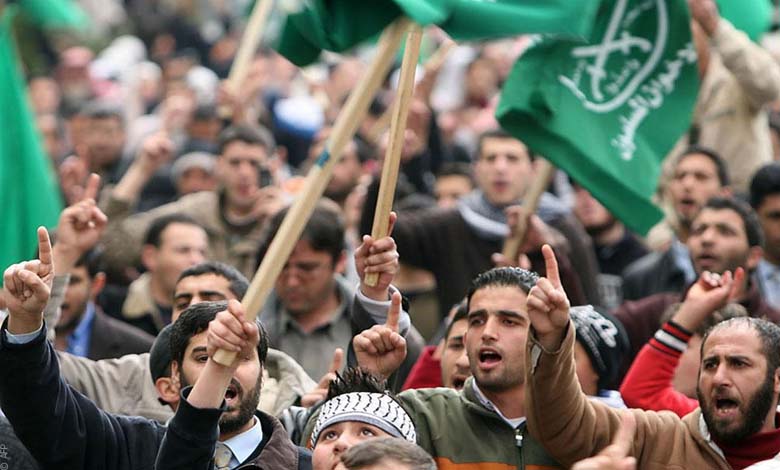
In a serious security development with political implications extending beyond national borders, Jordanian authorities announced the successful dismantling of a terrorist cell affiliated with the Muslim Brotherhood. The group had been plotting attacks on sensitive targets within the kingdom. While not surprising to those familiar with the Brotherhood’s deeply rooted ties to violence and its shifting tactics between political preaching and militancy, the incident serves as yet another wake-up call for nations still dealing with the organization based on political balancing rather than security realities.
-
Non-Licensed Muslim Brotherhood in Jordan Completes Formation of Its Executive Office
-
What Future Awaits the Muslim Brotherhood in Jordan?
The Muslim Brotherhood: The Other Face of Terrorism
The Brotherhood has long sought to portray itself as a “reformist Islamic movement” with a political agenda. However, whenever it faces restrictions in public life, it resorts to violence and sabotage. The recent Jordanian case, involving a cell of seven individuals found in possession of locally-made weapons and explosives, confirms that the group has never abandoned its clandestine structure or inflammatory rhetoric, despite its efforts to appear moderate in public.
Jordan Cell: A Serious Warning
This incident comes amid a renewed wave of calls across the Arab world for the dissolution of the Muslim Brotherhood, following the Jordanian government’s announcement of dismantling a group linked to the Brotherhood planning terrorist attacks to destabilize the country. It has reignited long-standing questions about the true nature and objectives of the organization, particularly in light of multiple proven instances of the Brotherhood’s involvement in activities that threaten national security in various countries.
-
Details of Foiling Jordan’s Most Dangerous Terror Plot Led by Muslim Brotherhood Members
-
The Muslim Brotherhood in Jordan… From Preaching to Arms? Details of the Foiled Plot
لا يوجد إخوان معتدلون، بل مراحل مختلفة من نفس المشروع.
الأردن محطة الانطلاق، الصومال محطة الدم https://t.co/UVLXIQ0ZLE— Kawser (@KawserAhmed34) April 17, 2025
Investigations in Jordan revealed that the dismantled cell followed an extremist ideology and maintained direct links to the Brotherhood, despite the group’s ongoing efforts to present itself as peaceful. Preliminary information indicated that the cell was planning attacks on security facilities and political figures, raising widespread public and official concern.
-
Dismantling of a Terror Cell Linked to the Muslim Brotherhood in Jordan: A Strategic Opportunity to Re-highlight the Group’s Threat in the Region
-
External Agendas and Internal Arms: The Muslim Brotherhood in a New Confrontation with the Jordanian State
From Religious Outreach to Security Threat
Since its founding in the 1930s, the Muslim Brotherhood has sought to infiltrate state institutions under the guise of religious and social activism. However, recent years have clearly revealed the group’s involvement in cross-border political projects, sometimes funded externally, prompting many nations to reassess the Brotherhood’s presence within their territories.
The Jordan incident adds to a list of similar events in countries like Egypt, Saudi Arabia, and the UAE, which have designated the group as a terrorist organization after verifying its involvement in activities threatening national security.
-
The Muslim Brotherhood congratulates the Islamic Action Front on the results of the parliamentary elections in Jordan
-
7 Days Before the Parliamentary Elections… A Major Scandal for the Muslim Brotherhood in Jordan
Calls for a Ban and Dissolution
In response to these developments, numerous voices in Jordan and beyond are calling for the official ban of the Brotherhood and the criminalization of any political, financial, or media support for the group. Several Jordanian MPs have demanded a comprehensive review of the state’s relationship with the Brotherhood, accusing the organization of exploiting democratic freedoms to serve its ideological goals.
الغرب بيستخدم الاخوان من قرن. في مصر ضد ناصر كانوا مع ال MI6 و ال CIA. في سوريا و اليمن و ليبيا و حتى اندونيسيا سوكارنو الاخوان كانوا حصان طراودة لضرب اي حركة تحرر او مشروع معادي للهيمنة الامريكية. موقف اخوان الاردن الحالي او الاصلاح في اليمن مش مفاجئ و لا حاجة.
— Eyad El Maraghy (@MaraghyEyad) April 17, 2025
The Brotherhood, in turn, tries to defend itself by promoting the idea that it represents “moderate Islam,” but it is increasingly struggling to convince the public, especially amid mounting evidence of its connections to secret networks and extremist organizations.
-
Did Iran Arm a Muslim Brotherhood Cell Linked to Hamas to Carry out Attacks in Jordan?
-
Jordan’s Muslim Brotherhood suspends municipal elections
The Need for Political and Legal Resolution
Observers argue that the current situation requires decisive political and legal action regarding the Brotherhood’s presence in Jordan and the broader region. They warn that leniency toward the group could lead to deeper infiltration into state institutions, posing a long-term threat to stability.
The dismantling of the Brotherhood cell in Jordan is not an isolated event but part of a broader regional and international context witnessing a decline in the group’s influence and a growing push to label it as a terrorist organization. As governments continue to evaluate the implications of the Brotherhood’s presence, legal and political solutions remain the most crucial tools to ensure national security and stability.


